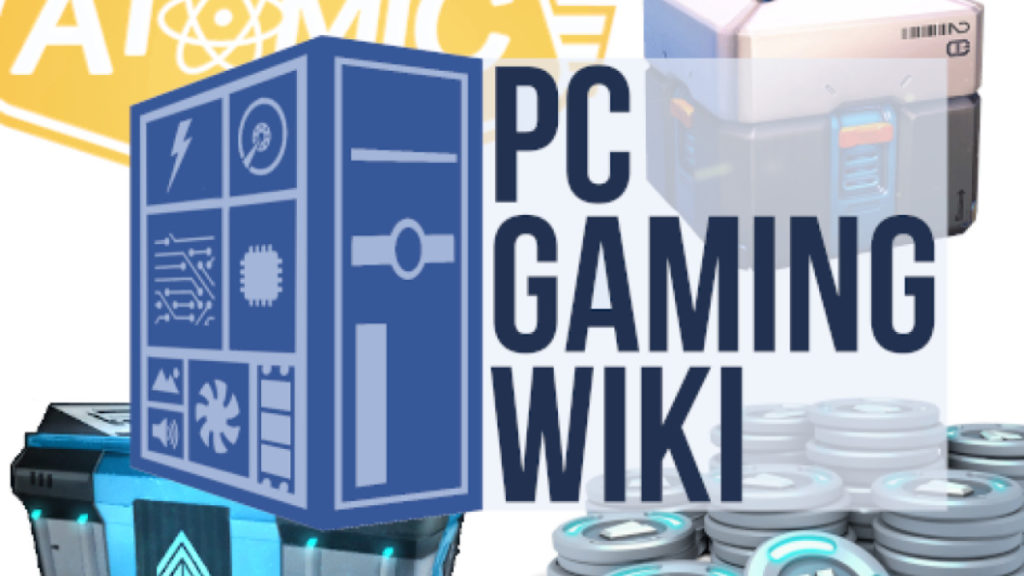
PCGaming Wiki is an extensive online resource. Very rarely do they make it into the news but meanwhile players from around the world visit the site every day. Founded in 2012 they have been helping the gaming community for almost ten years now. Need to find an elusive configuration or save file? They got you covered. Need to tweak that one setting that is not in the game’s menu? If it exists, they got you covered. Looking for a bug fix the developers have yet to implement? Again, if it exists, they got you covered. Aside from these few items there is far more information to be found as well.
Well now they have added a category into their already comprehensive list. Players will be able to use the online encyclopedia to find out if a game has microtransactions.
Many PC gamers don’t have a clue about what they are getting into before they install the latest ‘free-to-play’ game, ‘game as a service’ multiplayer shooter or new ‘live service’ singleplayer game. These games could contain manipulative loot boxes, hopelessly unfair grinds or game imbalancing pay-to-win unlocks.
Andytizer – PCGaming Wiki
As games are increasingly monetized it has become a controversial issue on a global level. Some liken it to gambling and point to the dangers of gambling addiction. Countries from around the world are examining potential legislation to regulate it. Meanwhile some companies have reported record revenue from it. Electronic Arts cleared nearly $1 billion from it. It has even led to some vitriolic exchanges between developers and the community. From simple cosmetic items, random items, to items that may potentially support a ‘pay to win’ model, microtransactions can appear in a multitude of ways. Well PCGaming Wiki has you covered there too.
Microtransaction Categories
These new Microtransaction categories are:
- Loot box – A variation of microtransaction where the player purchases a loot box where there is a chance to receive varying qualities of in-game item, similar to gambling.
- Cosmetic – Cosmetic microtransactions are any paid additional content that are designed to be cosmetic and does not substantially affect gameplay, such as skins, hats, decorative items etc.
- Unlock – Purchase of microtransaction content that affects gameplay and is not solely cosmetic. ‘Unlocks’ are normally chunks of a game that have been already developed and have been ‘locked’, and can be ‘unlocked’ with a purchase. This commonly includes individual characters, maps, levels, weapons, armors, etc.
- Boost – Allows player to pay to accelerate progress in a game, whether it is faster speed, levelling, level skipping, boosting % chance to find rare items, etc.
- Currency – Being able to purchase in-game currency whether it’s gold, gems, tokens, crafting materials, credits, V-Bucks, etc. which in turn are used to buy other microtransactions, or can be traded for account credit.
- Infinite cap – Game has microtransactions that can be purchased over and over again without any limit. This is in contrast to finite cap games that have a limit.
- Pay-to-skip – The game’s ‘main’ rewards can be achieved or grinded for without payment, but payment unlocks those rewards faster or instantaneously.
